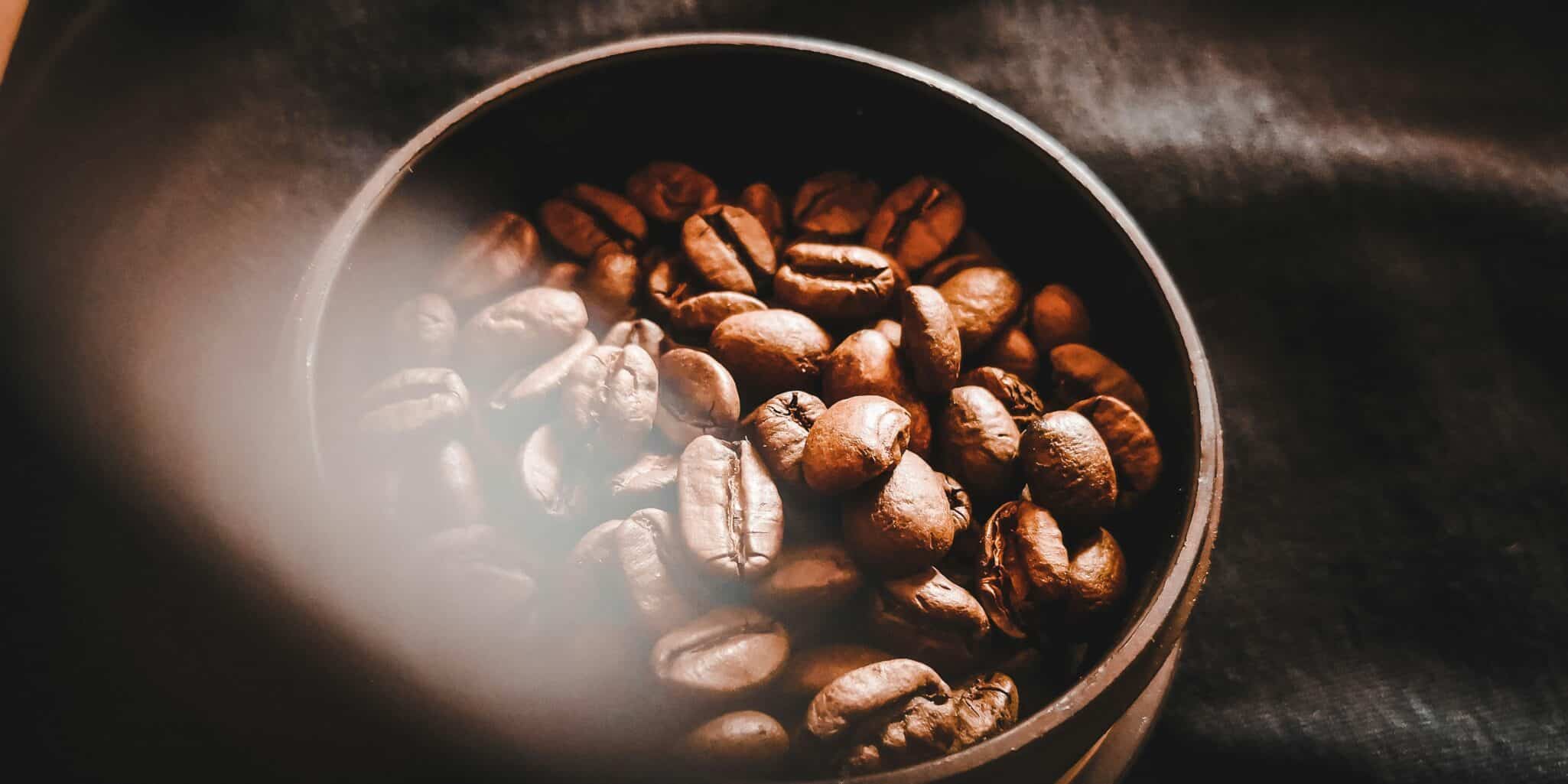Key Takeaways:
- Rainforest Alliance has launched a new Regenerative Agriculture Standard to support farmers and ecosystems.
- Certified regenerative products will feature a distinct seal starting in early 2026.
- Coffee is the first crop to be certified, with cocoa, citrus, and tea to follow.
- The certification focuses on five areas: soil health, climate resilience, biodiversity, water stewardship, and livelihoods.
- Coffee farms in Brazil, Costa Rica, Mexico, and Nicaragua are already implementing the standard.
Rainforest Alliance Launches Certification Program
The Rainforest Alliance has announced the creation of its Regenerative Agriculture Standard, a new certification framework designed to help farmers strengthen livelihoods and restore ecosystems across tropical landscapes. Certified regenerative products will carry a specialized seal beginning in early 2026, starting with coffee before expanding to other crops such as cocoa, citrus, and tea.
Santiago Gowland, CEO of the Rainforest Alliance, said: “Markets need to move beyond a ‘do no harm’ mindset to one that repairs and restores. Now is the time to transition to a new model of agriculture—one where every cup of coffee gives back more than it takes from the land and the people who care for it.”
Focus on Farmers and Ecosystems
The Rainforest Alliance standard is designed in response to mounting challenges in global agriculture, including extreme weather, declining soil quality, and economic pressures on smallholder farmers. With more than 70 percent of the world’s coffee grown by smallholders, the certification aims to provide tools and market access that can help stabilize farmer incomes.
Research cited by the organization suggests regenerative farming practices can raise farm incomes by 20 to 30 percent while improving natural resource management.
Certification Process and Market Benefits
The Rainforest Alliance framework measures outcomes in five areas: soil health, climate resilience, biodiversity, water stewardship, and livelihoods. Independent auditors will verify farms and companies to ensure compliance. Once certified, producers will be permitted to display the regenerative seal on their products.
For companies, sourcing certified regenerative coffee offers an opportunity to strengthen supply chain resilience and demonstrate progress on ESG commitments. The seal provides consumers with a clear indicator of impact, helping them make informed purchasing decisions.
Early Implementation and Future Expansion
The Rainforest Alliance has begun rolling out the standard on farms in Brazil, Costa Rica, Mexico, and Nicaragua. Certified regenerative coffee products are expected to appear on retail shelves in 2026. Expansion to additional crops, including cocoa, citrus, and tea, is planned for later that year.
Through this initiative, the Rainforest Alliance aims to support the shift toward climate-smart farming practices while creating new opportunities for farmers and companies to participate in sustainable and resilient food systems.


